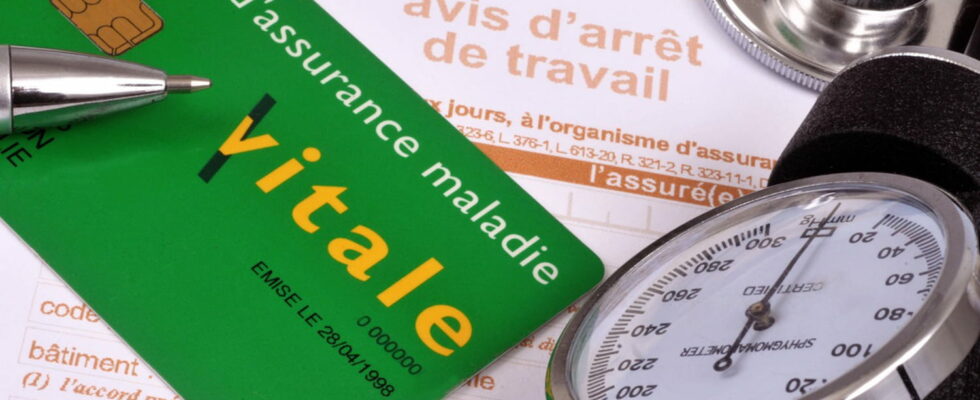To fight against social fraud, Prime Minister Michel Barnier wants to dematerialize the Vitale card. A solution which involves its direct integration into France Identity, rather than switching to a biometric version.
As it had promised, the Government is continuing its digitalization of public services. A movement now widespread in our society, particularly for transport tickets and stamps. Thus, after the digital identity card with France Idabilité and the digital driving license, it is the good old Vitale card which is gradually transitioning into a dematerialized version.
It is already available via a mobile application called apCV in twenty-three departments, through a gradual deployment (see our article). But the French state is considering another solution. Indeed, the new Prime Minister, Michel Barnier, is seriously considering integrating it completely into the new digital identity card, taking up here the wish of his predecessor Gabriel Attal. The objective is to succeed in linking the two cards in their dematerialized version through France Identity, according to information from the Parisian. This should be possible from the 1st quarter of 2025. The aim is to speed up the process by making it simpler and accessible to all, but, above all, to fight against social fraud, the new government’s major focus.
Digital Vitale Card: an abandoned biometric card project
To secure the Vitale card and limit fraud, several solutions have been considered in recent years, including the creation of a biometric Vitale card with fingerprint recognition. However, the idea was abandoned because it proved too expensive. In fact, the project represented 1.2 billion euros every five years and 250 million in annual operating costs. A bill incompatible with the economic policy of the Government, whose watchword is to make budget cuts in order to restore state finances.
In addition, numerous criticisms had been expressed about this solution, in particular by health professionals and by the National Commission for Informatics and Liberties (CNIL), which pointed out significant risks regarding the confidentiality of biometric data of insured persons in the event of a cyber attack.
Digital Vitale Card: a tool against social fraud
The Government would ultimately move towards integrating the Vitale card into the France Identity application. Accessible on Android and iOS, it already allows holders of a national electronic identity card (CNIe), launched in 2021, to dematerialize their identity document and can also accommodate, since February 2024, driving licenses. “The objective is to link the two cards in their dematerialized version“, confirmed Matignon.
This solution has several advantages since, in addition to being less expensive, it would have the advantage of grouping all the documents in the same place, thus avoiding juggling between several applications. The procedure would also be facilitated since “enrollment in France Identity has the advantage of being operational quite quickly”explains a source close to the matter. To the point that CNIe holders should be able to add their Vitale card to the application from the first quarter of 2025. The terms, however, remain to be defined.
For those who do not yet have a national electronic identity card (CNIe), it will still be possible to dematerialize their Vitale card via the “Carte Vitale ApCV” application, available on the Play Store and the App Store, provided to reside in one of the twenty-three eligible departments. 400,000 of the 17 million French people with a Vitale card have already taken the step.
